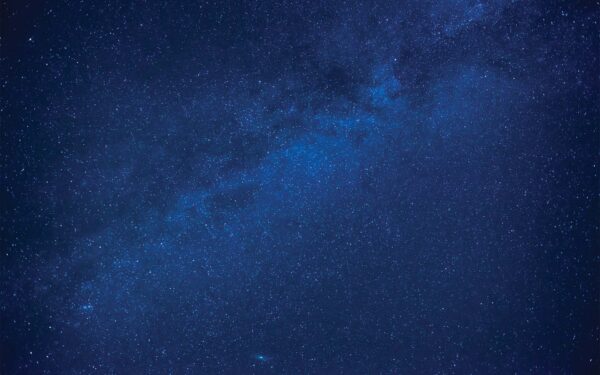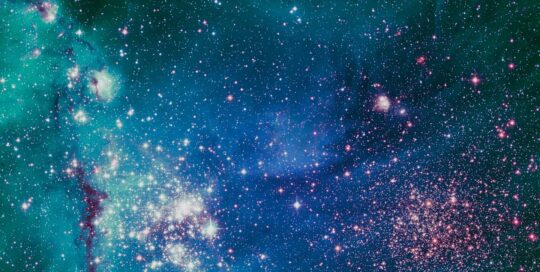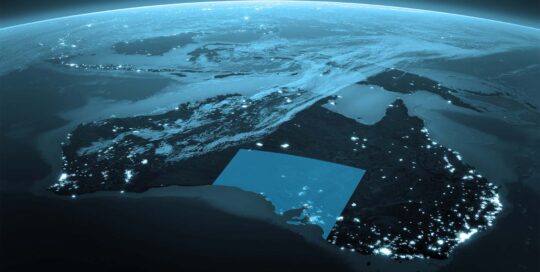It seems fitting that the thriving Australian space industry is home-ported in Adelaide; after all, South Australia kicked off Australia’s involvement with space, with the establishment of the Woomera Rocket Testing range in the state’s north, in 1947.
Seven decades later, the Australian government tipped its hat to that long history, when it announced that the newly established Australian Space Agency would be established in Adelaide. But Woomera was only an indirect progenitor of what is now the “thriving space ecosystem” in Adelaide, says Richard Price, chief executive of the South Australian Space Industry Centre.
An important legacy from the rocket testing, he says, was the establishment of the Weapons Research Establishment (now the Defence Science and Technology Group) at RAAF Edinburgh (now part of the Edinburgh Defence Precinct) in the 1950s.
“As one of the country’s major national defence research hubs, DSTG has been one of the biggest drivers of a hi-tech research and innovation community in Adelaide.
That ecosystem has been really active in areas such as defence innovation, artificial intelligence, machine learning and cybersecurity, and all of those capabilities are complementary, if not embedded, capabilities for space. So, the ecosystem was in place here before we got the Australian Space Agency.”
From 2017, says Price, the vision of the Lot Fourteen district as one of the nation’s premier technology innovation hubs, hosting defence, cybersecurity, artificial intelligence and space technology companies, has been cemented by the establishment of the Australian Space Agency’s Mission Control Centre and the Australian Space Discovery Centre, as well as the SmartSat Cooperative Research Centre.
“What we’ve implemented in Adelaide is the biggest space industry research and development collaboration in Australia’s history, based around Lot Fourteen,” he says.
Lot Fourteen has been “absolutely integral” to this five-year explosion of activity, Price says.
“The vision behind Lot Fourteen was around creating the infrastructure and the community for innovators to collaborate and grow their ideas, sometimes in formal co-operation, but equally, sometimes informally feeding off each other simply because they are part of a living entrepreneurial community that’s all working and socialising in the same place. It doesn’t just ‘do’ space-related innovation – it’s home to all sorts of innovation and creative industries – but it works wonderfully well as an innovation hub.”
Lot Fourteen’s collaboration and innovation buzz was certainly a big attraction for tech giant Microsoft, which set up its Azure Space team at the precinct.
In 2021, Microsoft and Nokia partnered to innovate with space technology and 5G telecommunications to bring a new class of digital solutions to industry, focusing on the Azure cloud platform.
“The main attributes that drew Microsoft to expand in Adelaide with the Azure Space team at Lot Fourteen was the strong focus on collaboration and innovation,” says Lynn McDonald, the Australian-based Azure Space Lead for Microsoft.
“We saw a clear alignment with our approach to developing technology to enable the industry, to make space tech more accessible, and our strong emphasis on a partner-first approach.
“What initially grabbed my attention was the collaborative approach between all the space stakeholders at Lot Fourteen.”
Lot Fourteen has “met all the expectations,” says McDonald, and Microsoft is excited about what is still to come.
“We’ve formed important partnerships, kicked off new space technology initiatives, and launched new programs focused on growing the space industry since joining the Lot Fourteen precinct last year. For example, we launched the Microsoft for Space Startups Australia program shortly after joining Lot Fourteen, and we’ve had fantastic response from Australian space start-ups – we’re seeing such amazing talent and focus on innovation.
“We’re collaborating with the nearby Australian Institute for Machine Learning, in a project to explore how advanced cloud computing, AI, computer vision and machine learning can be applied in space.”
Dr David Haley, co-founder and chief technology officer at nano-satellite company Myriota, has been at Lot Fourteen since 2018, when the company moved into the precinct to kickstart a rapid expansion phase.
Myriota provides low-cost connectivity – without the need for ground-based telecommunications infrastructure – for Internet of Things (IoT) networks, using sensors positioned on equipment, vehicles and shipping containers.
Myriota’s direct-to-orbit IoT technology is used by companies involved in agriculture, mining, environmental management, defence, maritime and logistics. Myriota has placed seven mini-satellites in orbit and aims to have 44 by the end of 2022; it recently launched its commercial offering in North America.
“The best way to think of Lot Fourteen is not just the physical precinct – although it is in a superb location – but it’s really a point of focus, where all these people excited by hi-tech are drawn to the same place for the opportunities it provides,” Haley says.
“All these people with their energy and their talent and their passion for achieving these things in deep tech, in space telecommunications and machine learning, and it’s become an ecosystem where you’re engaging with similar companies, whether they’re start-ups or bigger tech companies, some in your own field, and some even who are working in a completely different field to you. And then you also have the opportunity to engage with investors.”
Lot Fourteen’s collaborative mindset makes it easy to envisage some of its smaller corporate denizens becoming the big tech companies of the future, he says.
“You can definitely see that happening in real time, and it’s really exciting to watch that,” Haley says.
This story was originally published on The Australian on 1 April 2022. Written by James Dunn.





